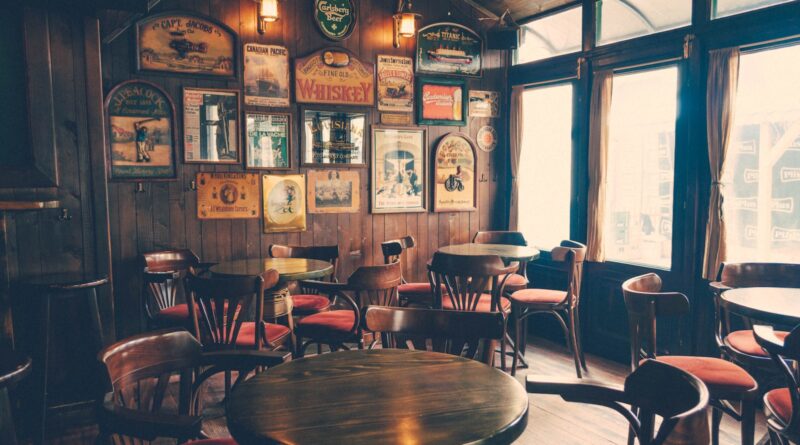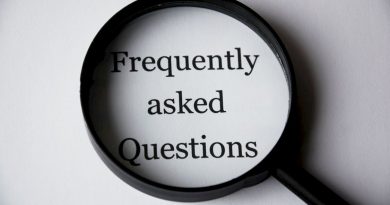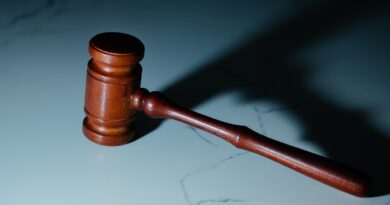Dacă folosiţi muzica în afacerea dumneavoastră ca element ambiental sau ca obiect principal de activitate (discotecă, radio, tv, online etc.), veţi găsi aici toate informaţiile care vă interesează.
De ce aveți nevoie de licență?
Muzica oferă un plus de valoare afacerilor în care este folosită în scop ambiental (restaurant, hotel, supermarket, săli de aşteptare etc.) sau este chiar resursa principală în radio şi televiziune, discoteci, spectacole. Imaginaţi-vă un restaurant lipsit de atmosfera plăcută şi primitoare pe care o creează muzica!
Solicitarea de licenţă din partea Uniunii Producătorilor de Fonograme din România este o obligaţie legală pe care o au utilizatorii de muzică în scop ambiental sau lucrativ. Legea Nr. 8/ 1996 cu modificările şi adăugirile ulterioare reglementează dreptul de autor şi drepturile conexe ale autorilor, interpreţilor şi producătorilor de muzică în privinţa utilizării fonogramelor create şi înregistrate. UPFR este organism desemnat prin deciziile ORDA să licenţieze utilizarea muzicii şi să colecteze remuneraţia cuvenită utilizării acesteia în numele colectiv al producătorilor de muzică.
Licenţa UPFR vă oferă dreptul de utilizare neexclusivă a muzicii pentru diferite tipuri de activitate. UPFR licenţiază persoanele juridice şi persoane fizice care funcţionează pe teritoriul României şi folosesc muzica în public.
Utilizarea muzicii şi licenţa UPFR implică plătirea unei remuneraţii de către utilizatori, la valorile stabilite prin metodologiile în vigoare. Valabilitatea licenţei UPFR de utilizare neexclusivă a muzicii este de 3/ 6/ 12 luni, în funcţie de opţiunea utilizatorului şi de tipul licenţei.
Tipurile de licenţă UPFR:
Întrebări frecvente
Ce este o fonogramă?
Conform Legii Nr. 8/ 1996 (modificată şi completată) – Art. 103, alin 1 “Se consideră înregistrare sonoră sau fonogramă, în sensul prezentei legi, fixarea sunetelor provenite dintr-o interpretare ori execuţie sau a altor sunete ori a reprezentării digitale ale acestor sunete, alta decât sub forma unei fixări încorporate într-o operă cinematografică sau în altă operă audiovizuală.” În limbajul comun, fonograma este deseori desemnată prin termenii: muzică, piesă muzicală, înregistrare muzicală, înregistrare sonoră.
Ce este un producător de fonograme?
Conform Legii Nr. 8/ 1996 (modificată şi completată) – Art. 103, alin 2 “Producătorul de înregistrări sonore este persoana fizică sau juridică ce are iniţiativa şi îşi asumă responsabilitatea organizării şi finanţarea realizării primei fixări a sunetelor, fie că acestea constituie sau nu o operă în sensul prezentei legi.” În limbajul comun, fonograma este deseori desemnată prin termenii: muzică, piesă muzicală, înregistrare muzicală, înregistrare sonoră.
Ce este un organism de gestiune colectivă?
Organismele de gestiune colectivă sunt persoane juridice constituite prin liberă asociere de titularii de drepturi. Aceste organisme sunt create direct de titularii drepturilor de autor sau ai drepturilor conexe, persoane fizice ori juridice, şi acţionează în limitele mandatului încredinţat şi pe baza statutului adoptat după procedura prevăzută de lege. Organismele de gestiune colectivă se constituie în condiţiile legii, cu avizul Oficiului Român pentru Drepturile de Autor, şi sunt asociaţii fără scop patrimonial. Au ca obiect de activitate principal colectarea şi repartizarea drepturilor a căror gestiune le este încredinţată de către titulari. Citeşte mai mult în Legea Nr. 8/1996 cu modificările şi completările ulterioare (Art. 124 şi 125).
Care sunt organismele de gestiune colectivă desemnate să emită licenţe în România?
În prezent, în Romania funcţionează mai multe organisme de gestiune colectivă avizate de ORDA –
vezi lista aici. Pentru utilizarea muzicii, trei organisme emit licenţă: UPFR, Credidam şi UCMR-ADA.
De ce există mai multe organisme de gestiune colectivă?
Organismele de gestiune colectivă reprezintă categorii diferite de titulari de drepturi sau diferite drepturi prevăzute în Legea Nr. 8/ 1996. Fiecare OGC este avizat prin decizie ORDA pentru activitatea sa.
Ce sunt drepturile conexe dreptului de autor şi titularii acestora?
Drepturile conexe dreptului de autor sunt drepturi care revin entităţilor care au contribuit la realizarea unei opere. În cazul muzicii, la realizarea operei contribuie interpreţii şi producătorii de înregistrări sonore.
Am nevoie de licenţa UPFR dacă am licenţă CREDIDAM sau UCMR-ADA?
Da. UPFR reprezintă producătorii de muzică, care sunt titulari de drepturi asupra fonogramelor/ videogramelor. CREDIDAM reprezintă drepturile artiştilor interpreţi, iar UCMR-ADA reprezintă drepturile de autor ale compozitorilor de muzică. Fiecare dintre cele trei organisme de gestiune colectivă emite licenţe in numele grupului de titulari de drepturi pe care îi reprezintă, respectiv colectează remuneraţiile cuvenite acestora şi apoi le redistribuie titularilor de drepturi. Aceste trei OGC-uri funcţioneaza separat, pe baza metodologiilor publicate de Oficiul Român pentru Drepturile de Autor (ORDA) publicate în Monitorul Oficial.
De ce trebuie să plătesc remuneraţia pentru licenţa UPFR dacă am plătit CD-ul/ mp3-ul?
Când cumpăraţi un CD sau mp3, obtineţi dreptul de a asculta această muzică într-un mediu privat precum propria casă sau maşină, pentru uz personal. Dacă utilizaţi muzica într-un mediu comercial, unde are acces publicul, trebuie să solicitaţi licenţa de comunicare publică a muzicii şi să plătiţi remuneraţia aferentă. Dacă vreţi să vă creaţi un playlist propriu pe suport optic pentru a-l folosi în comunicarea publică (cd, memory stick, hardisk etc.), trebuie să solicitaţi licenţa de reproducere. Dacă aveţi un post de radio FM/ AM/ online, respectiv un post TV de orice tip trebuie să solicitaţi licenţa din partea UPFR.
Dacă introduc pe teritoriul României aparate şi suporturi din alte ţări ale Uniunii Europene am obligaţia să achit remuneraţia pentru Copia Privată?
Da. Obligaţia legala privind achitarea remuneraţiei compensatorii aferente Copiei Private vă vizează deoarece introduceţi pe teritoriul României aparate si suporturi vizate de lege. Consultaţi
Adresa ORDA/ 2007Licenţierea pentru utilizarea muzicii este o practică internaţională?
DA!



